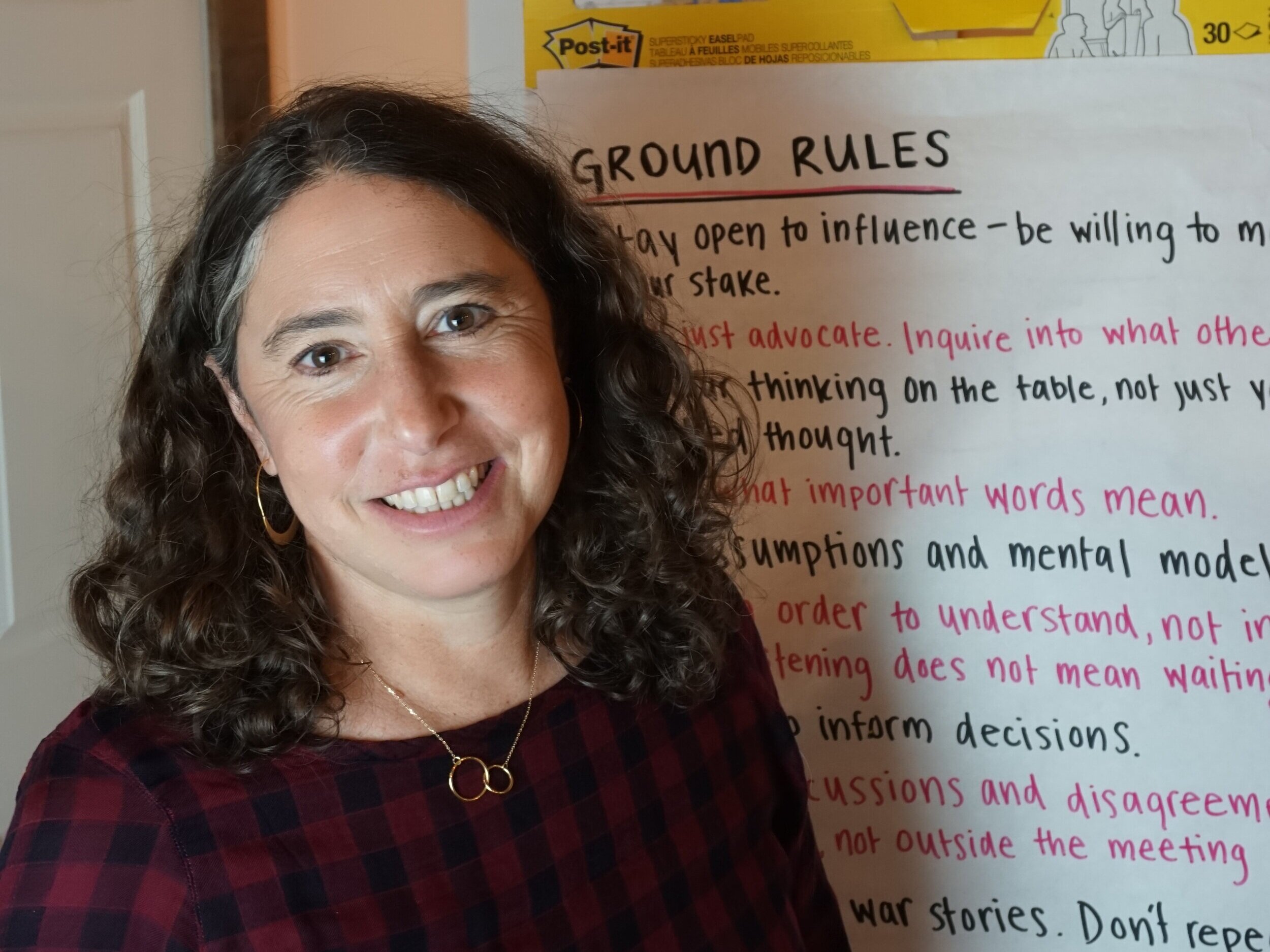Skills-building for the Whole Team
Communications and Conflict Resolution
Good communication skills are some of the most important skills to develop at the workplace. While everyone doesn’t have to use the same communication style, there are some key principles for effective communication, including clarity, listening, and testing our assumptions. In this session, we’ll explore how to build communications skills and practice effective communication techniques.
Having difficult conversations or resolving conflicts may be the hardest part of our jobs. Exploring how to approach disagreement in ways that build trust and relationships will increase your comfort with initiating or responding to difficult conversations.
Decision-making in the Workplace
We make decisions every day at work and many of our decisions impact time, costs, and relationships. How decisions are made can motivate or deflate individual commitment and investments at work. We will discuss different methods and approaches to decision-making.
When we communicate with colleagues at work it helps to establish agreements or team guidelines that provide clarity on how to make decisions. Each team can take the helpful step to establish norms and processes that they can rely on for predictability. A couple of examples of processes include establishing successful meetings or an editorial process for writing efforts. Creating a process for decision making is a worthwhile investment of time that will pay off in the long run.
Supervisor Expectations, Agreements and Coaching
Managers are effective when they set expectations about the work that needs to happen but stop short of explaining how it should happen. Employees are effective when they are clear about their roles and expectations. Therefore, communicating expectations is a win-win for supervisors and supervisees. We will talk about how to set expectations and what it means to be a partner or coach. Becoming a good supervisor doesn’t just happen in most instances so we’ll discuss some tried and true methods that managers can apply to enable employees to fully engage, contribute, and thrive.
Giving and Receiving Feedback
Giving and receiving feedback are important parts of our work lives, and it helps quite a bit to have comfort with this type of communication. We will start with the idea of when it is important to give feedback. We’ll then explore tactics and practice how to give and hear feedback. We will provide tips for delivering difficult messages. This is a workshop that will have broad and long-lasting results.
Time Management and Avoiding Burnout Workshop
In this workshop, we will explore time management developing strategies for improving time management. Let’s face it, this is something we all struggle with. We’ll use a specific tool to figure out where individual challenges are and how to improve effectiveness. We will also discuss the concept of burnout, understanding that burnout is not necessarily about volume of work, lack of money or time, or poor time management. We will do some interesting exercises to narrow in on how we can avoid burnout.

